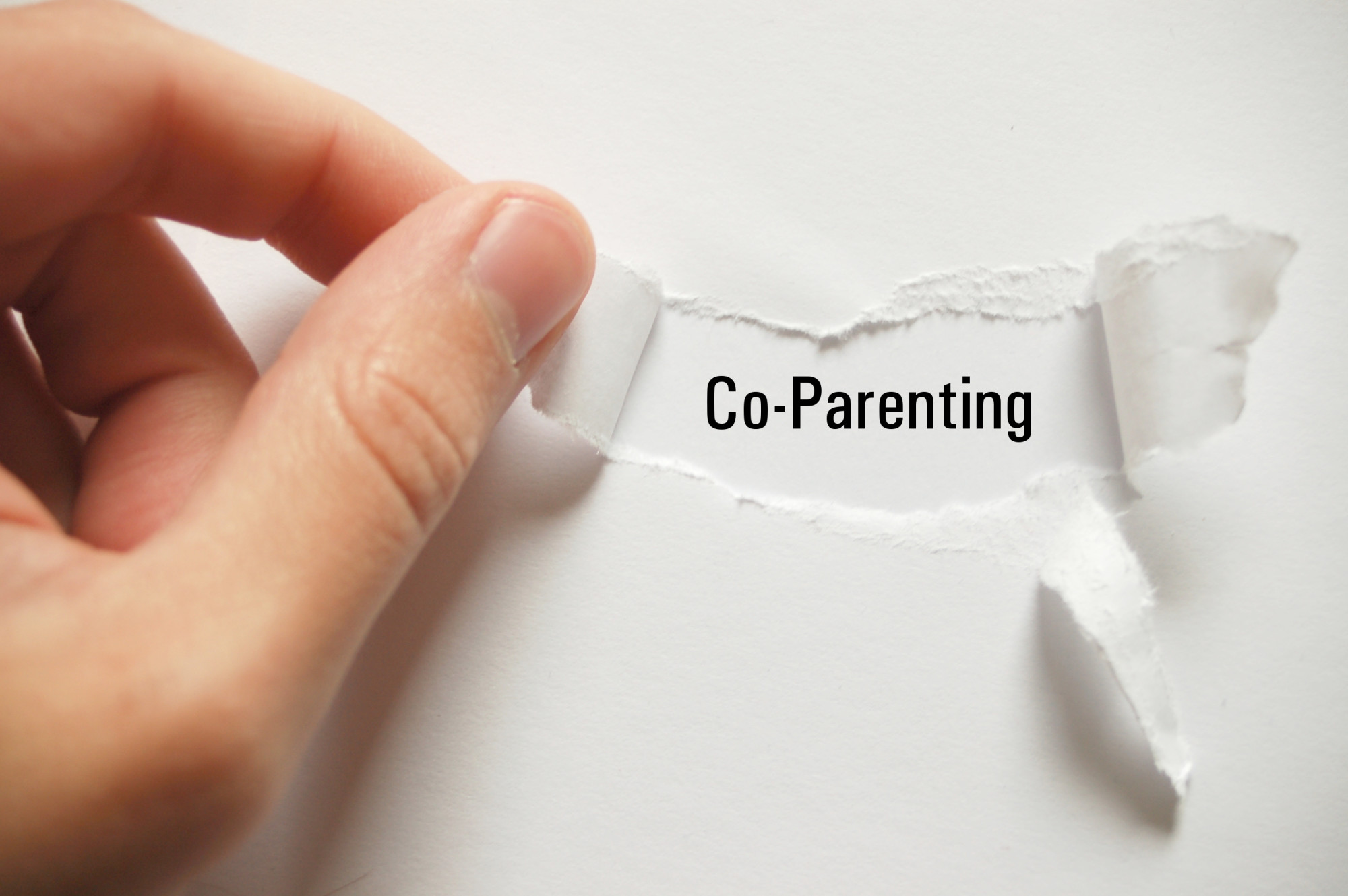Divorce Litigation vs Divorce Mediation: Which is Right for You?
40% to 50% of first marriages will end up in divorce. The figures are higher for subsequent marriages.
Irrespective of how you arrived at the decision to get divorced, this is a tumultuous time for most couples. It is even worse if children are involved.
Still, going through the divorce process is the only way to sever that relationship and get clarity on matters like the kid’s custody and asset division.
Divorce litigation and divorce mediation are the two ways that can get you there. However, which option is best for your situation?
Let’s look at what each entails and which one is best for you.
What Is Divorce Litigation?
A divorce goes through many steps and processes, with the steps varying from state to state and couple to couple.
Usually, each party hires its own lawyer to identify and negotiate issues about their divorce on their behalf.
These two lawyers become central to the divorce and enter negotiations regarding their client issues.
If the two cannot agree on one or two issues, the divorce is moved to a family court. Here, a court date is set, and each attorney will prepare their case alongside their client.
All documents regarding the case are presented, and the lawyers make their arguments in front of a judge. Witnesses and other external experts might be called to testify as well.
At times, the couple’s children take the stand too.
Ultimately, the sitting judge will make a judgment regarding child custody, time-sharing, alimony, child support and division of assets.
What Is Divorce Mediation?
A mediator is an independent, objective person who helps people resolve conflict amicably.
For people trying to end their marriage, the divorce itself is the conflict. Issues like kids, custody, and asset division are among the things they have to resolve.
A successful mediation helps them settle these issues out of court.
While a good mediator is an active participant in mediation talks, the spouses have a say in the decision making. It is important to note that mediators are not necessarily lawyers.
Mediator vs. Lawyer
This choice is dependent on the individual circumstances of your divorce case. Some will favor mediation, while others require divorce lawyers. Keep reading to find out which you should go for.
When to Use Mediation
This is a less confrontational approach to divorce and is best if you want to settle things quietly. Go for it in the following circumstances.
1. You Want to Protect Your Kids
Your kids stand over and above all the other circumstances surrounding the divorce. While divorce is tough on parents, it’s tougher on kids.
Any steps you take to protect your kids and maintain a semblance of united family unit-despite the divorce-are worth looking into.
Mediation allows you to negotiate as parents other than opposing teams. This is favorable for custody, co-parenting and timesharing.
When handled properly and level-headedly, a mediation ensures that the kids come first and that parents do not end up pitting the kids against each other.
2. You Want to Save Money
Litigation fees are higher that mediation fees. If the divorce drags out or has some complicated aspects to it, divorce attorney’s fees might go through the roof.
By opting for mediation, you can save a pretty penny on your divorce.
3. You Want a Peaceful Process
Divorces can get ugly. Custody and asset sharing are both emotive topics that can muddle the process even farther.
When parties engage in accusations and counter-accusations to get an edge over their partner, the process gets acrimonious pretty quickly.
By opting to have your divorce mediated, both parties agree to focus on the issues as opposed to mudslinging and getting an edge over each other.
It’s on this premise that divorce mediation is peacefully carried out.
4. You Want a Quick Process
Comparatively speaking, mediated divorces take much less time than divorce litigation.
The back and forth between attorneys make a litigated divorce drag out much longer. In mediation, all matters are brought up and are tabled for real-time discussion and resolution.
This settles issues much faster than attorneys going back and forth on each individual matter.
5. You Want Control over the Process
Mediation gives you and your husband full control to customize your agreement to your specific needs.
This control and empowerment yield a fair agreement to both of you. When no one walks away feeling cheated, the process of healing and co-parenting becomes significantly easier.
When is Divorce Litigation the Best Way Forward?
This process involves a judge and might take longer than mediation. Use it in the following circumstances.
1. You Fear For Your Safety
Your safety should be a primary concern. If the relationship is characterized by power imbalances where one party is unable to speak for themselves, then litigation is the only way out.
The same goes for when there is a restraining order in place. Or the marriage being dissolved is highly volatile and abusive.
Currently, 10 million women and men are in physically abusive relationships. In this case, litigation is best.
2. Asset Hiding
Mediation requires transparency and good faith.
If you have evidence that your spouse is hiding debts or assets, then mediation is not a good option. The same is true for when you suspect your spouse’s business dealings are not above board.
In such cases, a divorce lawyer can, through the courts, compel your spouse to make full disclosure and provide documentation to uncover the truth.
3. Your Spouse Is Incapacitated
Mediation provides a space for self-determination, where either party is encouraged to articulate their wishes and interest in the negotiations.
Your spouse might be unable to do this for themselves due to drug addiction or other factors that may lead to a diminished mental state.
In this case, opting for litigation allows a judge to make a determination on your divorce.
4. One Party Is Against Mediation
Unlike litigation, mediation is a voluntary process. Both of you must be willing to participate in the process for it to be successful.
If you are for mediation but your spouse is against it, litigation is the second best option.
Which Route Should You Take?
Sometimes a divorce that starts with mediation can end up in divorce litigation and vice versa. Ultimately, it takes two well-meaning parties to have an amicable dissolution of a marriage.
At Family Law Attorneys Near Me, we know that finding a good family lawyer amid your divorce can be yet another stressful task you should not have to deal with.
For this reason, we have listed over 2000+ top attorneys to help you find the best one in your locality. Click this link to get started.
Sources
[1] Marriage and Divorce. (n.d.). Retrieved from https://www.apa.org/topics/divorce/
[2] Choosing an Effective Mediator. (n.d.). Retrieved from https://www.americanbar.org/groups/young_lawyers/publications/tyl/topics/litigation/choosing-effective-mediator/


